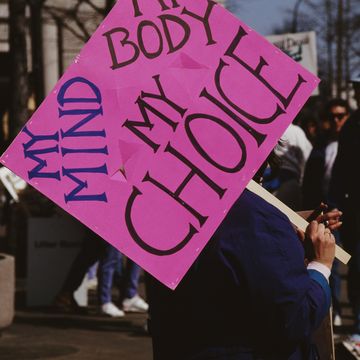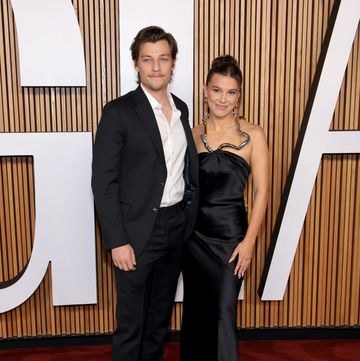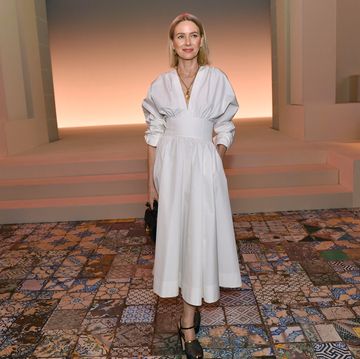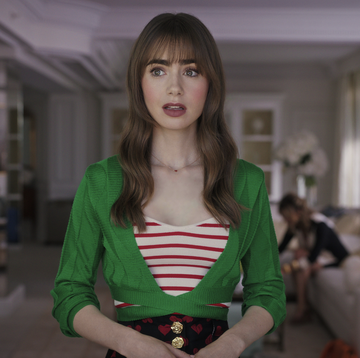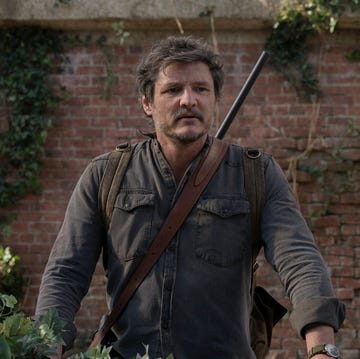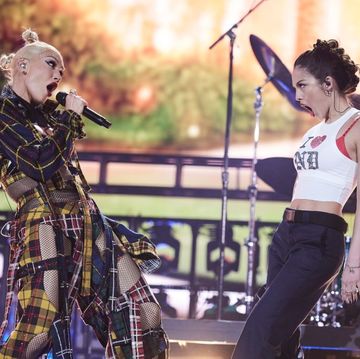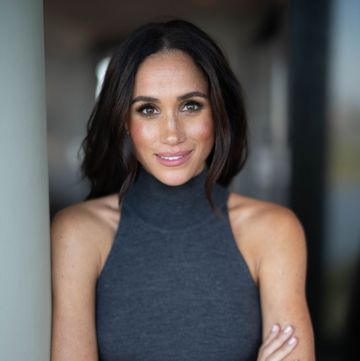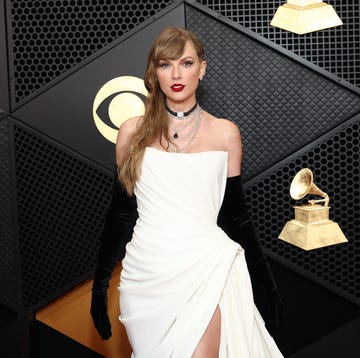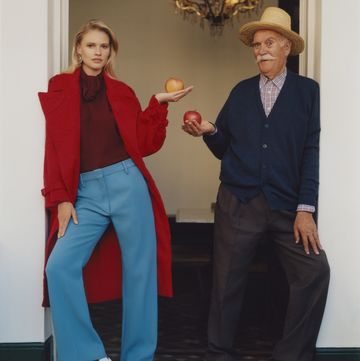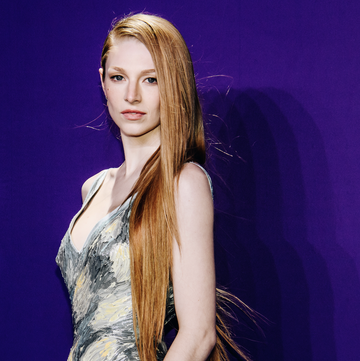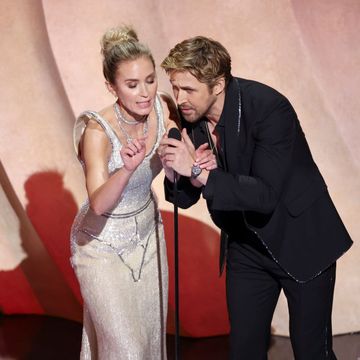Hallelujah! There’s a woman in charge of the Guardian for the first time in the paper’s 194-year history. And at the very moment the newspaper’s website has become the second biggest English-language newspaper in the world – with 42.6 million visitors to the site every month.
That, I don’t need to tell you, is a hell of a lot of people. And those hell-of-a-lot-of-people will be reading the news that Kath Viner thinks you need to know.
Which really is quite significant, because – as one of the rare women in charge of a large media organisation – she is about to become one of the most influential opinion-formers in the world.
Now, I confess, it really annoyed me when her appointment was announced and every story was about her sex (and the fact that the newspaper apparently ‘really wanted to appoint a woman’). Frankly, it shouldn’t matter either way – surely, I presume, she was simply the best candidate for the job.
But actually it does. Newspapers, I know from personal experience, are a man’s world. The hours are long and crippling, requiring huge sacrifice (I’ve seen many journalists lose marriages and relationships as a result) and with many women just not prepared to work them, newsrooms become increasingly male dominated.
The knock-on effect is that your news becomes male-dominated too. The women you read about are described by their physical attributes first. The language used around women doesn’t reflect how you talk about yourself and others. The things that matter to you, they don’t get written about because there aren’t as many women in charge to give them a voice.
I’m generalising a bit, but it’s true. As much as you might love scrolling your way down the dailymail.co.uk’s 'ladder of shame', you can’t escape the fact that the women in the stories are objectified in pictures and words. And that even the more serious news stories across all papers and websites contain physical descriptions of women that are often largely irrelevant to the matter itself.
Does that mean one woman in charge of a serious news organisation is going to transform a global industry? I doubt it. But to have yet another strong, female voice leading the conversation will have an enormous impact on how women are perceived and talked about. Against my very better instinct that says if the world were truly equal a woman being appointed to run a newspaper isn’t actually news, it’s really truly brilliant that Kath Viner is heading up the Guardian.
And here are some of the excellent women in media she’ll be joining…
Name: Nicola Mendelsohn
Job Title: Facebook Vice President for Europe, Middle East and Africa
What you need to know: 890 million people in the world log on to Facebook every day, sharing millions of articles, videos and pictures with their networks of friends. As the woman in charge of Facebook across most of the world apart from the United States, Nicola is one of the most influential women in media, if not the world. She may be publicity shy but she has pioneered the way for women in tech.
Name: Victoria Newton
Job Title: Editor, Sun on Sunday
What you need to know: Victoria heads up the most popular Sunday newspaper in the country, reaching over 1.5million people a week. She rose through the ranks at The Sun, editing showbiz column Bizarre, before becoming Head of Features, Deputy Editor of the News of the World and then Editor of the Sun on Sunday. A rare woman in the tabloid market.
Name: Lisa Markwell
Job Title: Editor, Independent on Sunday
What you need to know: As the third female editor at the Independent on Sunday (following Rosie Boycott 1996-1998 and Janet Street-Porter 1999-2001) Lisa has worked at the Independent since 1998. Under her editorship the newspaper has recently been nominated for Sunday newspaper of the year. She is also currently writing a book about her experiences of adoption.
Name: Charlotte Moore
Job Title: Controller, BBC1
What you need to know: Charlotte is the woman in charge of popular TV in this country. From Strictly and Great British Bake Off to Sherlock and Doctor Who, she influences the viewing of tens of millions of Brits. In fact, a staggering 75% of the UK population watch BBC1 each week. Prior to her role as controller, Charlotte was head of BBCs documentaries, responsible for Stephen Fry’s Emmy-award-winning Secret Life of the Manic Depressive and the Bafta-award-winning Evicted.
Name: Helen Boaden
Job Title: Director, BBC Radio
What you need to know: BBC Radio reaches over 34 million people a week (that's over half the UK population). In 1998 Helen was the first woman to be appointed Head of BBC Current Affairs. Helen was also named in Forbes’ 100 Most Powerful Women poll in 2011. In her current role
Name: Sarah Sands
Job Title: Editor, The Evening Standard
What you need to know: Sarah became the first female editor of The Sunday Telegraph in 2005 and was appointed editor of the Evening Standard in 2012. Under her editorship, the paper has was named Daily Newspaper of the Year in 2014, with 1.8million Londoners reading the paper each day.

